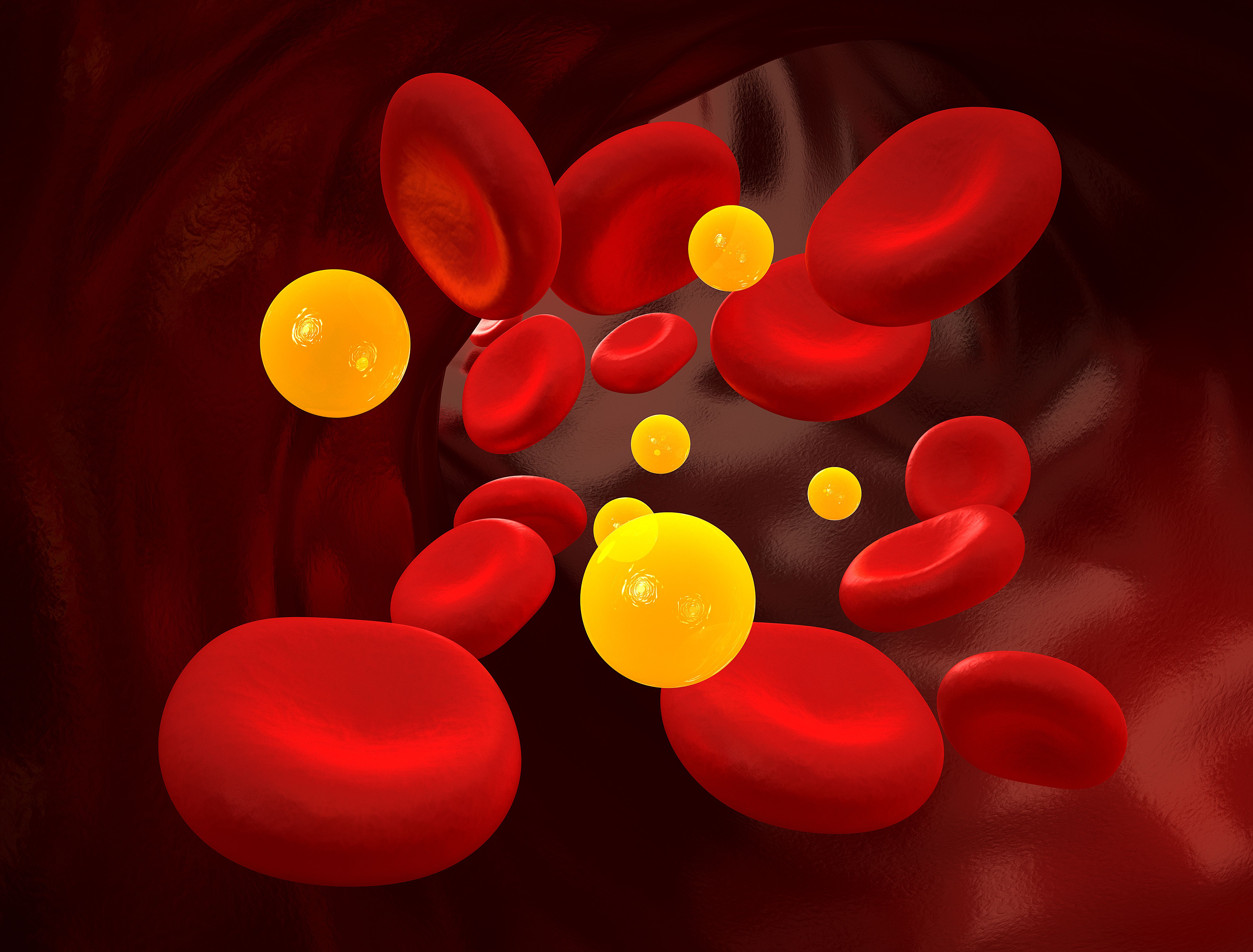Video
The Impact of FCS on Quality of Life
Author(s):
Transcript:
Vikesh Singh, MD, MSc: How does FCS [familial chylomicronemia syndrome] impact a patient’s quality of life? What risk factors make a person more vulnerable to the complications that result from FCS? Perhaps the first part of that question is something that Darlene can answer for us? As someone who has lived with the condition her whole life, Darlene has a unique insight that certainly Andres and I can’t provide for our audience.
Darlene Voll: I have lived with FCS all my life, so I can say it can be challenging at times, especially as there are no real medications or any kind of help to support this disease. I am following a very low-fat diet with no alcohol. As a result, the diet for FCS patients can be isolating at times, especially for a child. However, nowadays it is more acceptable due to allergies and similar issues where children may be excluded as far as not being able to eat or drink what everyone else does.
It can be challenging and isolating when you can’t participate or partake in all the activities that others can. It may sound silly, but not being able to eat and drink what everyone else can affects you and decreases your quality of life, especially when attending big events, such as weddings and parties, where people don’t realize what a very low-fat diet is for someone with FCS. Due to the restrictions, there is typically not much that you can eat at an event like that.
I think that knowing that up front and being positive about it and taking steps to mitigate the challenges can be helpful, such as eating before a social gathering, so you don’t feel left out. With the restrictions, it is possible to have 1 or 2 little things, so people may not recognize that you’re not eating what everyone else is. When you have something like that, you just don’t want to call attention to yourself. You don’t want it to be a big deal.
As mentioned earlier, it can be quite difficult to deal with the pain management. There are many patients with FCS who deal with chronic pain or have bouts of acute pancreatitis that can set us back, or even brain fog on occasion that may affect us, particularly during work. While it can be difficult, if you truly follow a low-fat diet, you can manage your triglycerides and keep them at an attainable level below 1000 [mg/dL]. Additionally, exercising and drinking lots of water helps as well. All those routines and behaviors can improve the quality of life for patients with FCS.
Andres Gelrud, MD: Actually, I think that the tricks you just mentioned are invaluable because it is very effective coming from you versus us, but those are usually the accommodations we try to make. Darlene, is there anything else that patients with this condition should try? Your suggestions so far are great, like eating before the parties, staying hydrated, exercising, and keeping one’s diet very low in fat.
Darlene Voll: Track what you eat. You’d be surprised how much fat is in different food items that you once thought were healthy. There are healthy fats, but even healthy fats are bad for someone with FCS. Work to understand labels, nutrition values, and total fat grams while limiting your intake to between 20 and 30 g of fat a day, which is the best way to maintain a healthy lifestyle. Also, keep your triglyceride levels managed so you don’t end up with chronic pain or chronic pancreatitis.
Andres Gelrud, MD: Darlene, who helped you or who taught you how to read labels? Did you do that alone? Did you have a dietitian? Did you go to a nutritionist?
Darlene Voll: I’ve been to many doctors. I was diagnosed with FCS as an infant, so I don’t really know any other way. I was raised to look at labels my whole life. It is something that anyone with a new FCS diagnosis needs to be aware of, and there are great nutritionists and dietitianswho can help explain what that means and what we need to look out for with managing FCS. I strongly recommend anyone with FCS or who may think they have FCS to have those discussions with their dietitians.
Transcript Edited for Clarity





